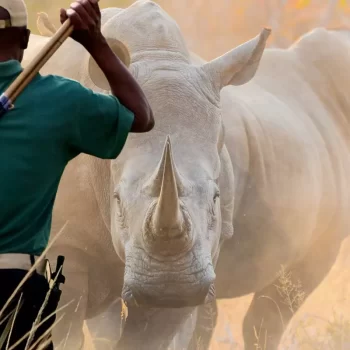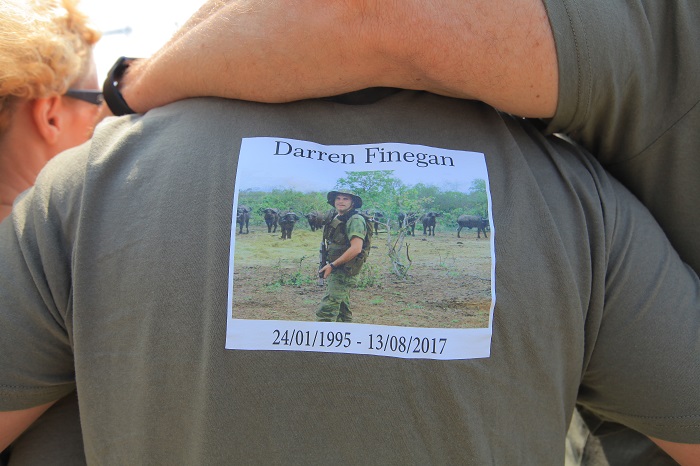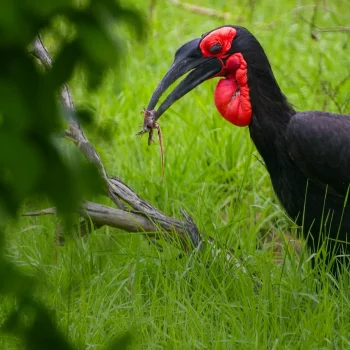Keen to write stories on pioneering research projects in the conservation sector?
Then sign up for a series of short courses designed by Roving Reporters and science communication agency, Jive Media Africa.
The training project, New Narratives. aims to help young writers and scientists forge careers in investigative environmental journalism and science reporting. It is open to participants worldwide and also caters for environmental organisations that wish to improve their media communication by producing special reports.
Writing coaches
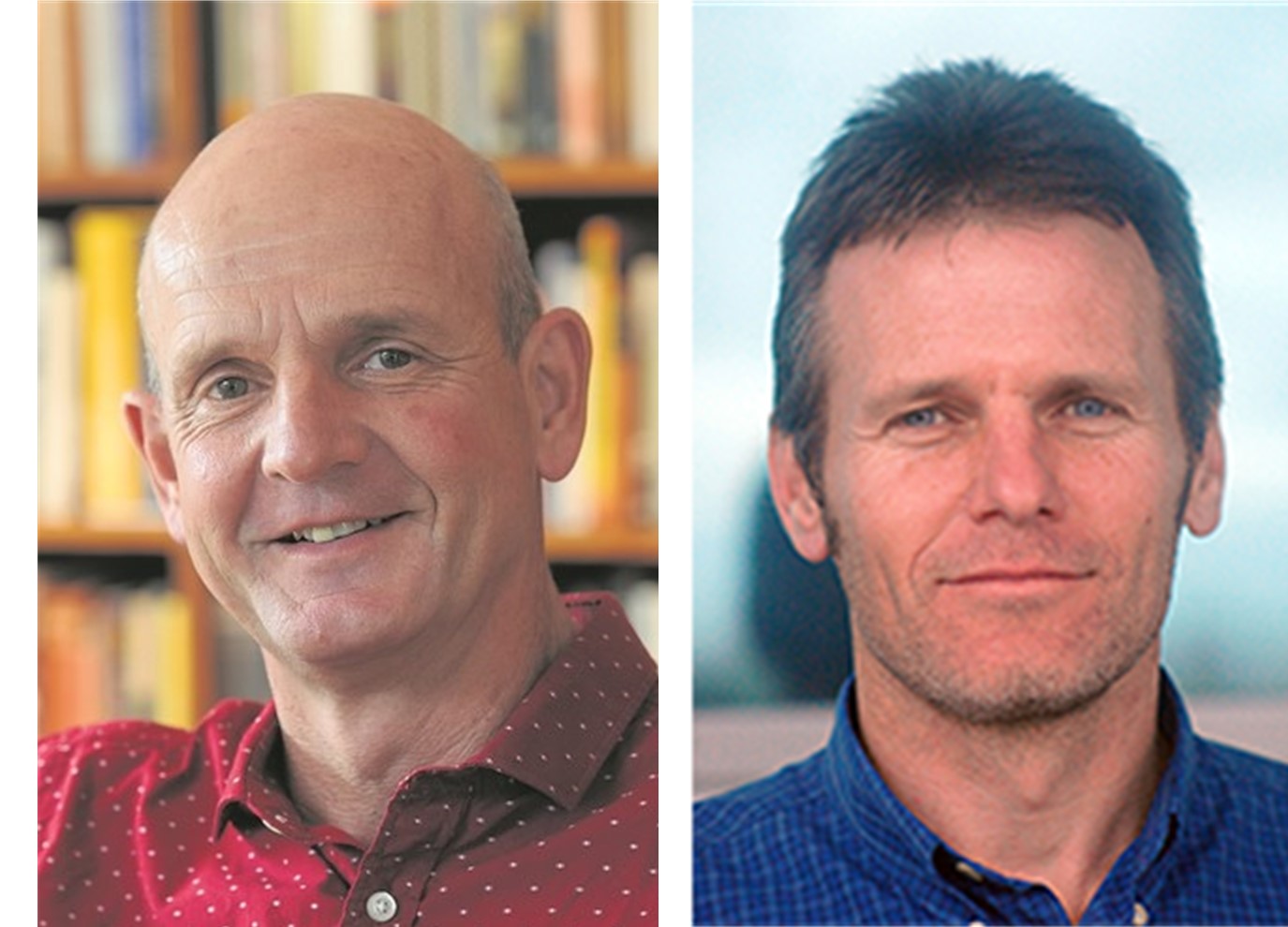
Writers taking part in the project benefit from writing coaching provided by two seasoned media professionals, Yves Vanderhaeghen and Matthew Hattingh.
Vanderhaeghen, a former editor of The Witness, pioneered a journalism course at the University of Kwazulu-Natal in 1997 and has lectured part-time on ‘Writing for the media’ for 20 years. He has a PhD in Media and Cultural Studies.
Hattingh is a Durban-based writer and editor with more than 20 years’ experience. He has helped guided through to publication the work of more than 30 first-time freelance writers, including environmental scientists. He also works as a communications specialist for GMM business management consultants.
“Clear, concise writing is important, particularly in covering complex subjects,” says Hattingh. “It needs to reach the right people and in language they can readily grasp. Jargon must be kept to a minimum.”
Each four-week course focuses on producing stories inspired by monthly Tipping Points webinars.
Tipping Points
The Tipping Points series is hosted by Oppenheimer Generations Research & Conservation. The webinars bring together leading researchers to “change the conversation about conservation”.
“They share the fruits of evidence-based research to guide policy and promote African voices in finding solutions to conservation problems and the effects of climate change,” said Jive Media Africa director, Robert Inglis.
“The webinars provide a great platform for reporting on environmental research,” added Inglis. “So, the Roving Reporters connection is vital one, enabling young writers to explore the best ways to share it with wide audiences.”
The first pilot course, “Science and the Media: Mind the Gap!”, delved into the “different languages” that journalists and scientists speak. It explored ways to bridge that gulf, build trust and find ways to understand each other better in the interests of the public good.
Groundbreaking discoveries
The next short course, Groundbreaking Discoveries, runs from March 28 through to April 26. It focuses on writing stories about pioneering research projects in the conservation sector. The featured Tipping Points episode, on March 30, will consider what makes a good proposal for scientists who want to apply for the annual $150,000 Jennifer Ward Oppenheimer (JWO) research grant. The grant is awarded to an early career scientist whose research facilitates solutions to African challenges with a strong link to conservation and biodiversity.
Food for thought
Then, in May, the focus shifts to food security and biodiversity, starting with Tipping Points Episode 12. This discussion will be facilitated by biodynamic farmer, Andre Tranqulini. The panelists are conservation scientist, Dr Hayley Clements and ecologist, Dr Elizabeth le Roux and Falzur Pandor, founder of Urban Fresh.
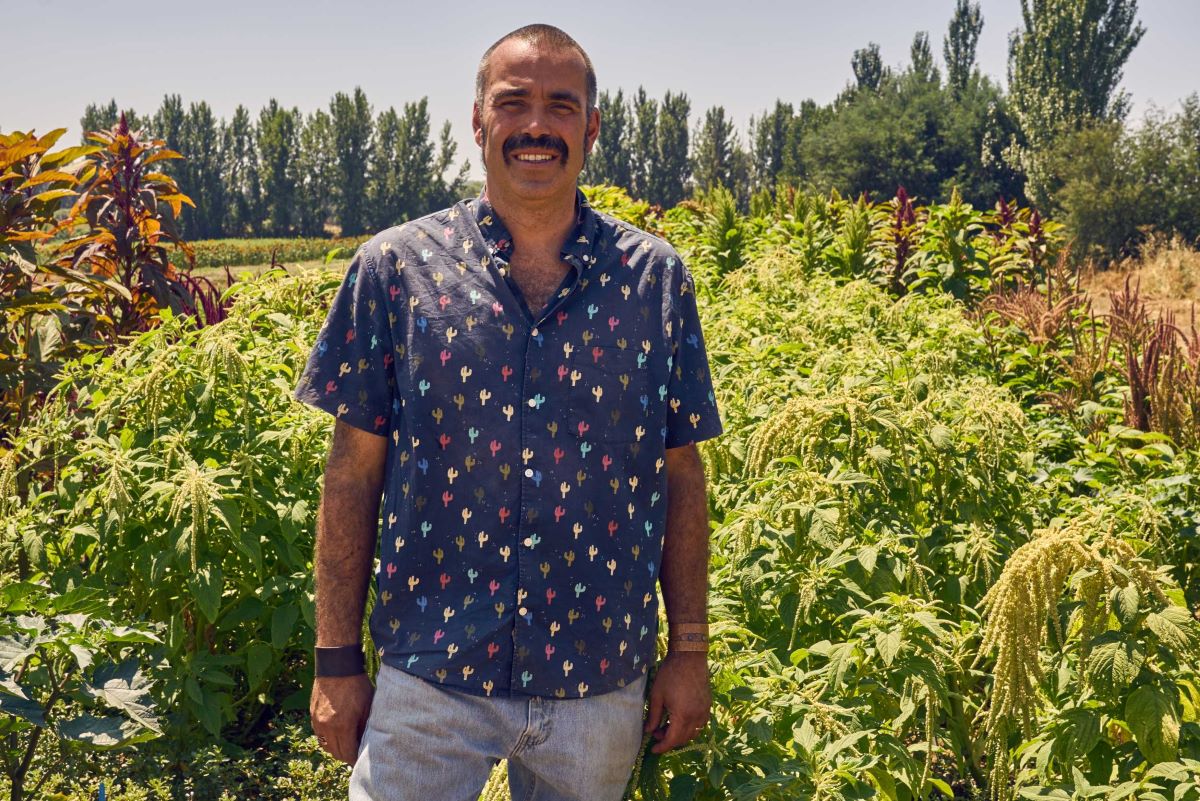
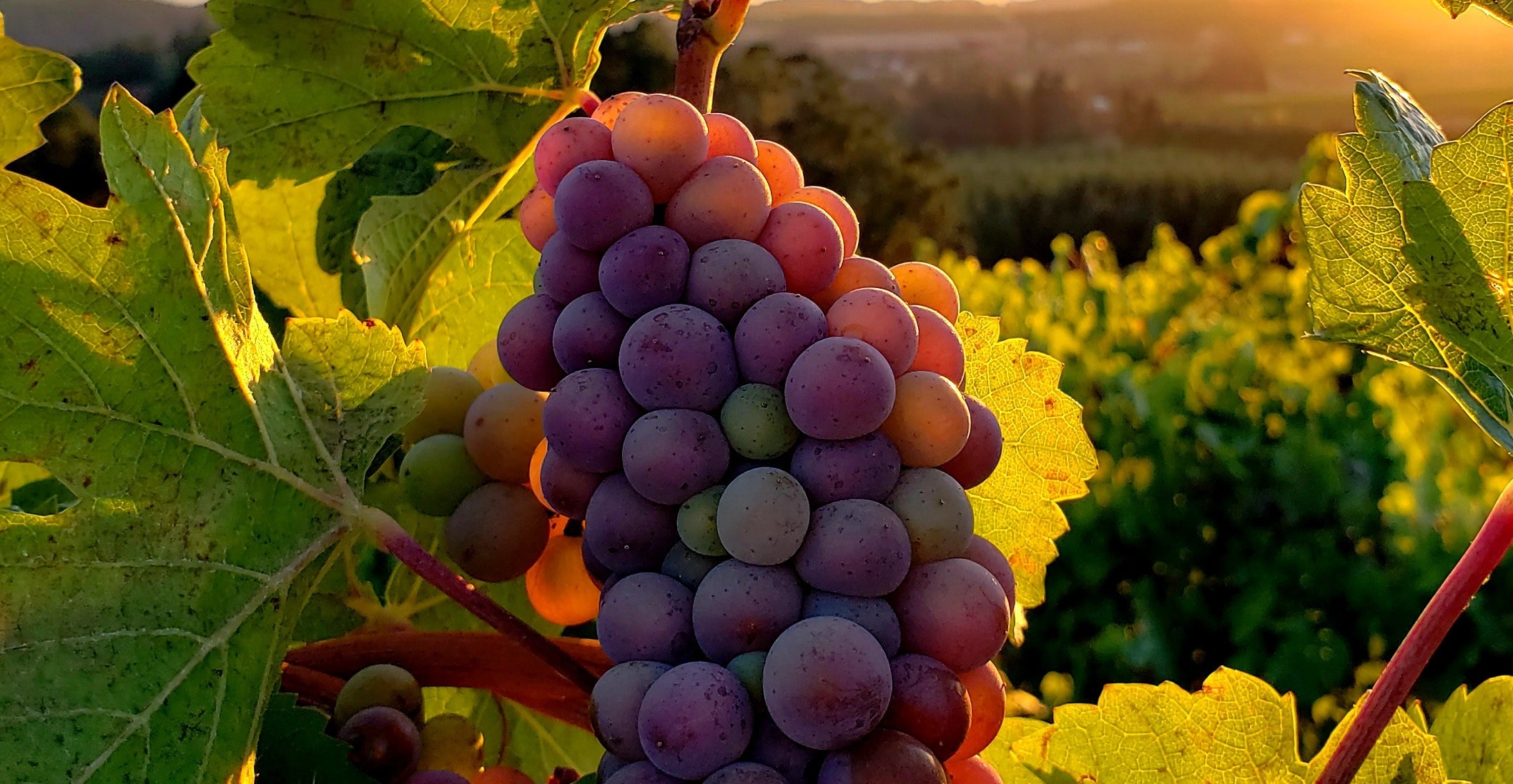
Africa’s grasslands
From May 23 to June 20, writers will gain insight into the vital ecosystem role that African savannahs and grasslands play and how they can best be managed. The Tipping Points webinar on Thursday, May 25, will feature discussions with co-founder of the Savory Institute and former Zimbabwean livestock farmer, Allan Savory; Dr Heidi-Jayne Hawkins, science director at Conservation South Africa; and Max Makuvise, resident director of Shangani Holistic, a rural cattle ranching enterprise in pristine Highveld bush in Zimbabwe’s Matabeleland province.
“These webinars, and those to follow, will certainly generate interesting debate among writers covering the Tipping Points series,” said Roving Reporters director, Fred Kockott.
Learn by doing
In a nutshell, after enrolling on a four-week course, Roving Reporters provides a brief outline of what it is looking for in covering a specific Tipping Points webinar.
After watching the webinar, and taking part in discussions arising, participants submit a story for review. The writing coaches assess the submissions and provide expert mentoring feedback. They tell the writers what works, and what doesn’t, and then set about fixing, polishing and editing the best story, helping the writer ready his or her work for publication.
Writers also review each other’s work, take part in a Zoom chat group discussion on lessons learned, and share follow-up story ideas in a virtual newsroom.
The course fees are R1,500 per four-week short course. It is recommended that candidates sign up for three consecutive courses to gain the most benefit from the training project.
For further information, contact Kockott via WhatsApp +27 83 277 8907 or email fredk@rovingreporters.co.za.
FEATURED IMAGE: Savannah grassland illuminated by dawn sunlight, west of Olifants Camp in the central Kruger Park, Limpopo province, South Africa. Photo Javier Puig Ochoa courtesy of Wikimedia commons.






